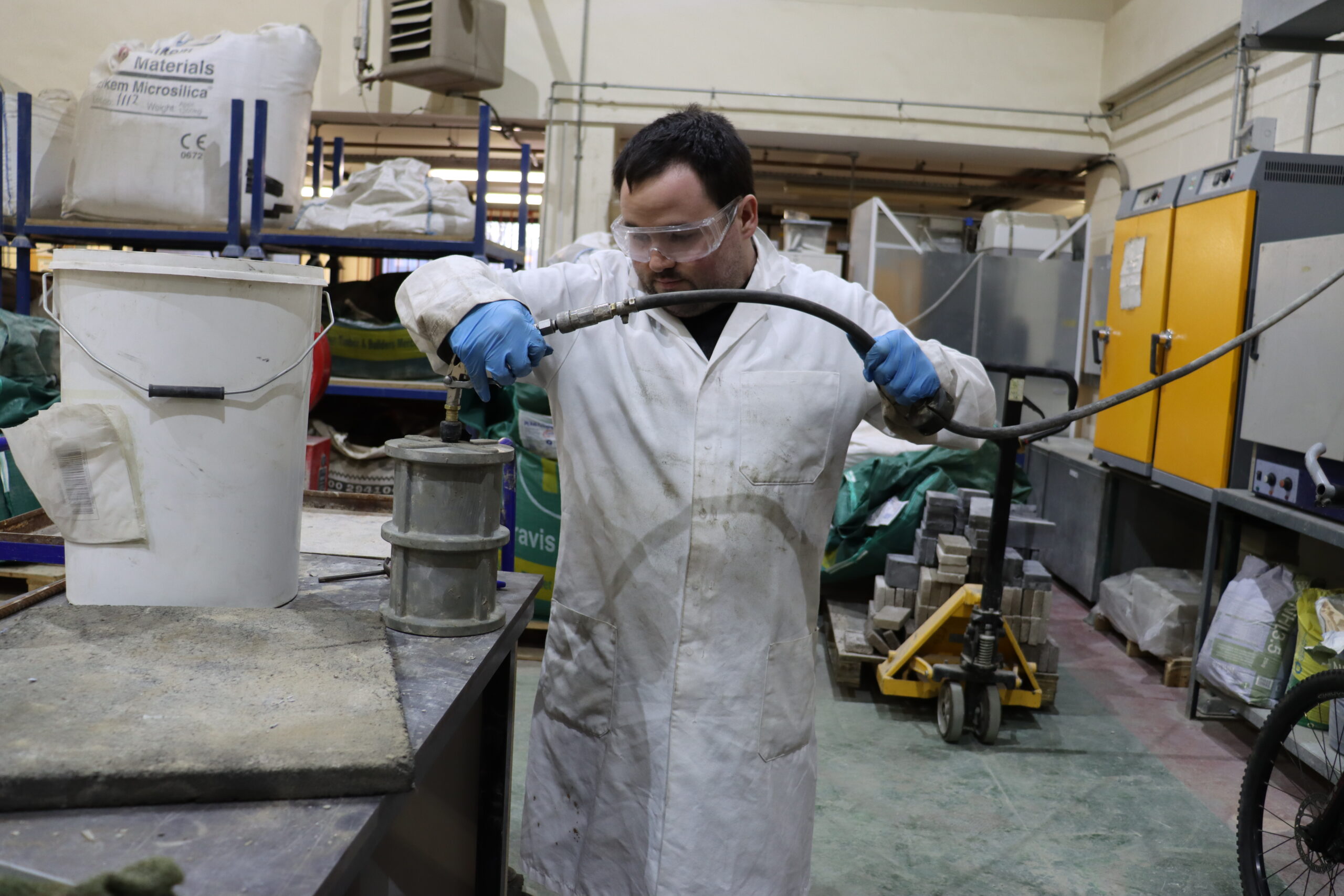Posted May 22nd 2023
Funded through the National Lottery Community Fund and supported by Welsh Government, the Engage to Change project brings together supported employment agencies who work with employers to offer paid placements, jobs, and supported internships.
Report Highlights
The Engage to Change project achieved an overall employment rate of 23% for young people who have learning disabilities or are autistic within the first five years.
This is an encouraging result when compared to the national average rate of 4.8% or 5 in every 100 young people.
Age and previous work experience were associated with higher employment rates, where young people aged 23 to 26 were more likely to gain paid employment.
37% of young people who had a significant length of work experience, such as paid placements and supported internships went into paid employment following support through Engage to Change.
This number suggests that longer-term experience leads to better employment outcomes as it increases skill-building confidence whilst allowing young people the time to discover what works for them and what jobs they want to do.
The study also found that there were gender differences, with only 3 out of every 10 young people referred to the project identifying as female.

“This difference is worrying and tells us that something needs to be improved upon in order for young women with learning disabilities to access the same employment opportunities as men across Wales.” NCMH Research Associate Dr Elisa Vigna
NCMH Researchers worked with past project participants Annie George Foster, Ffion Parsons, George Clarke, Tom Oakes, and Tyler Savory and Engage to Change Lead Ambassador Gerraint Jones-Griffiths to co-produce an accessible video reporting these findings.
Watch highlights from the report
“Better employment opportunities lead to increased social mobility and integration which in turn leads to improved wellbeing and quality of life. We are calling on national and Welsh Government to invest in the future of these talented individuals,” continued Dr Vignae.
Read the full paper, ‘A demographic and qualitative analysis of the determinants of success in a National Supported Employment project’.
The importance of job coach support
The NCMH Research team have also produced a report which focuses on the role and importance of job coaches within the Engage to Change project.
Job Coaches provide tailored support to help individuals learn specific work tasks and provide them with the tools to navigate workplace rules, relationships, and environments to promote independence.
A key principle of job coaching is the focus on ability rather than disability.
“Research has shown that people with learning disabilities can learn complicated tasks and work processes and contribute fully to the business when the correct job match and needs-led support are in place,” commented Andrea Meek who has been assisting with this research.
Data was collected from Engage to Change job coaches across Wales which highlighted the strengths of job coaching’s emphasis on a needs-led approach so that tailored support can be provided.
This data also found that job coaches play a crucial role in helping young people on the project access a range of pathways toward employment.

Findings from the report can provide much-needed insight for supported employment providers, policymakers and funders, with an aim to improve employment outcomes for people who have a learning Disability and/or Autism across Wales.
“The provision of a nationally-funded Job Coaching programme would provide a longer time period for young people with a learning disability and/or autism to build relevant work skills and development in order to achieve post-education employment.
Job coaching needs to be recognised as a specialist role and more widely supported through policy and funding”.
Read the full paper ‘The Role and Experience of the Job Coach: The experience of a nation-wide Supported Employment project’.
A co-produced video that includes project participants Kurtis Marshall (Vale People First) and Gerraint Jones-Griffiths (Engage to Change Lead Ambassador) has been created to highlight the role of job coaches.
Did you know?
Cardiff University is a host employer for Engage to Change: Project SEARCH which is a supported internship programme that sees young people who have a learning disability or autism spend an academic year working with mentors across different University departments to gain work skills and experience.
Some of our NCMH staff members are ex-interns!
To learn more about Project SEARCH and how you could host an intern contact e2c@cardiff.ac.uk
Resources
Engage to Change | Homepage
Engage to Change | Facebook
Engage to Change | Twitter
Sign up now and receive new blog posts to your inbox.
